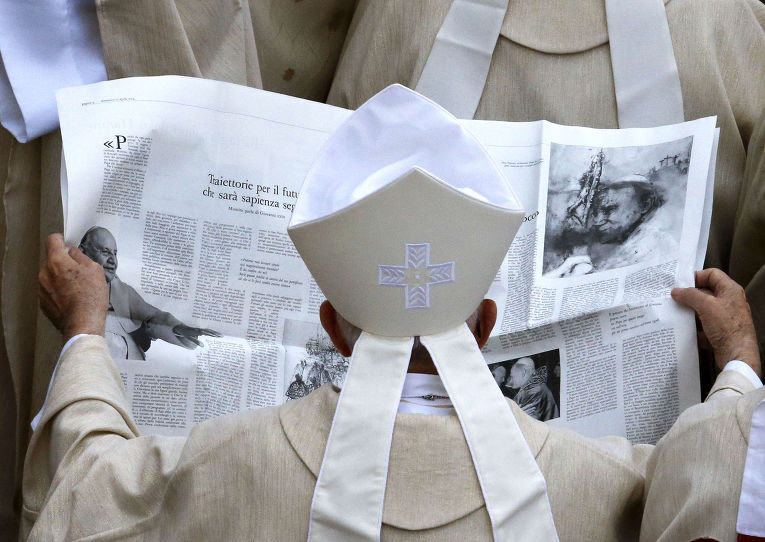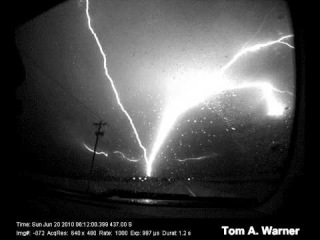Газета "Наш Мир"
Among the texts to be displayed as part of a special series on the
history of Islam, are two Korans from the ninth century, just 200 years
or so after the writing of the first Koran. The National Library in Jerusalem is to begin displaying old Muslim
religious texts from its collections, including some that are quite
rare. Among the texts to be displayed as part of a special series on the
history of Islam, are also two Korans from the ninth century, just 200
years or so after the writing of the first Koran.
In addition, the public will be able to view
three Korans from the 11th and 12th centuries that come from Antalya,
Andalusia and Persia. Most of the manuscripts are part of the collection
of the Jewish scholar Abraham Shalom Yehuda. Upon his death, Shalom
Yehuda, a prominent early 20th century Islamic studies researcher,
donated his collection to the National Library. The collection includes
1,184 old manuscripts, of which around 100 are Korans, and is deemed one
of the Western world's most important collections of ancient Muslim
manuscripts.
Several of Shalom Yehuda's are among the most beautiful of the
ancient Korans and feature unique decorations. "He had a great eye for
books," says Dr. Raquel Ukeles, the curator of the National Library's
Islam and Middle East collection and the initiator of the series.
The Shalom Yehuda collection also contains items not connected to Islam, such as manuscripts by Napoleon and Isaac Newton.
The rare manuscripts will be displayed as
part of a series of seminars at the library. Each day of the program
will also feature the participation of researchers or Muslim clerics.
According to Ukeles, there were no rejections of her invitation to come
to the National Library from Arab clerics, only enthusiastic favorable
replies. "Most Jewish Israelis, and even the Muslim Israelis, don't know
much about Islam. For me, it's an opportunity to create an encounter
between the university and other worlds, where they can get acquainted
with each other," she said.
The program is part of the library
management's relatively new policy which is aimed at opening its
collections to the general public and not just to researchers. However,
Ukeles also notes that even Muslim scholars are unaware of the Shalom
Yehuda collection and its importance. "I discovered that it's a secret
of sorts; hardly anyone knows about it. Part of the fun in the series is
that we are opening it to the general public," Ukeles said.
An important manuscript to be displayed
during the series is an antique Koran which is apparently the first text
featuring the Persian language in Arabic script, as it is written
today. Another Koran, from the 15th century, written in Persia by a
Shi'ite believer, made its way during one of the wars to the library of
the Ottoman sultan, Salim I, whose seal appears on it. Ukeles explains
that this Koran was "Sunni-ized" in the sultan's library and all the
Shi'ite references in it were removed. So every time the name of the
prophet Ali, the founder of Shi'ite Islam, appears, there is a gold
smear across it.
The first program in the series takes place
tomorrow and will deal with the Koran's content and the stages of its
revelation. Among the scholars to be hosted are Prof. Meir Ben Asher and
Muhammed Hammed of the Hebrew University and Taghreed Kiadan of
Al-Qasemi Academic College of Education in Baka al-Garbiyeh.
Все горячие новости на nashmir.kz!
| 










